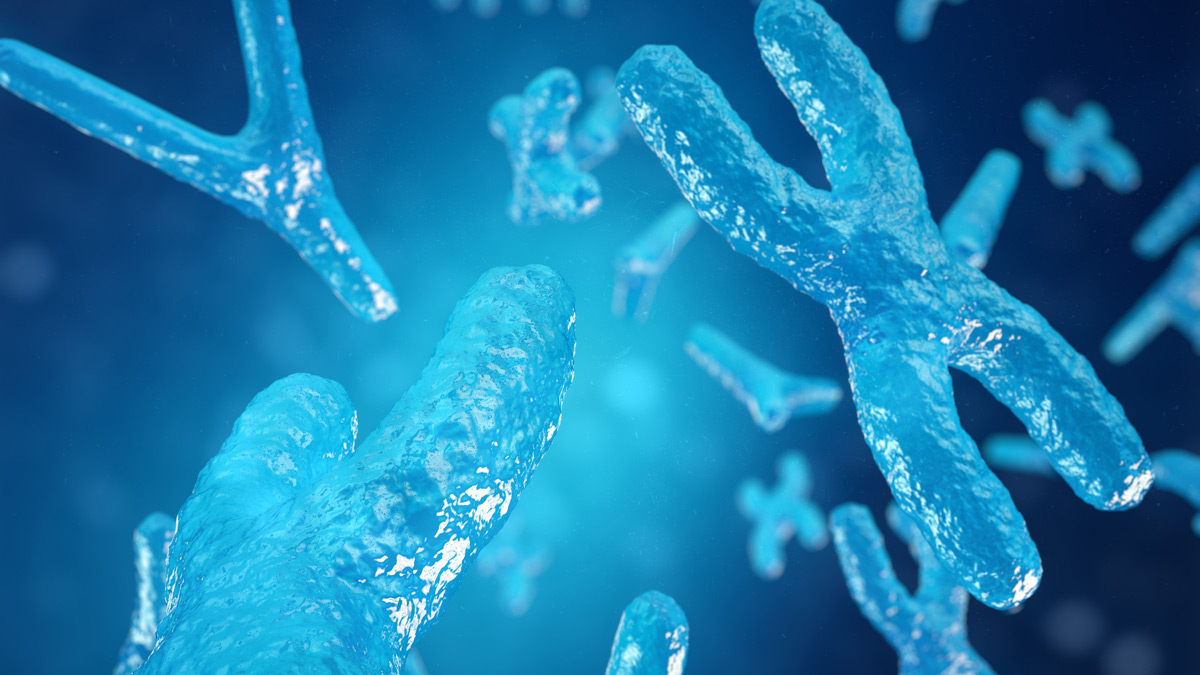New Cell & Gene Therapy Collective seeks to boost UK adoption

The UK has been a global leader in introducing cell and gene therapies that can potentially transform the lives of patients with debilitating diseases – but there are still many barriers to wider adoption.
These challenges often arise because these therapies go through the same value assessment processes as less complex medicines, and the infrastructure needed to administer them to the right patients isn’t yet widely available.
Seeking to pave a smoother way forward for these innovative therapies, several companies working in the field – Astellas, bluebird bio, Bristol Myers Squibb, Kite (a Gilead company) and Novartis – have come together to create the Cell & Gene Collective, an alliance that aims to increase awareness and understanding of the promise and challenges of cell and gene therapy.
The Collective says it will “lead a conversation on maintaining this early progress and realising the potential of future therapies as the technology progresses” – including tackling barriers to access and “translating positive public attitudes towards the science into public support for its use in treatments in the NHS”.
“Cell and gene therapy manufacturing, supply chains and delivery are all very complex,” Anita Ralli, chair of the Collective and associate director of government affairs at Gilead Sciences, told pharmaphorum. “Bespoke infrastructure and specialist skills are needed to deliver them to patients.
“It is anticipated that many more cell and gene therapies will come to market in the coming years, which means the NHS will require a framework which enables these therapies to be delivered at scale.
“There is also a challenge around payment mechanisms given that some cell and gene therapies could be ‘one off’ treatments, which could deliver outcomes that result in cost savings over the course of the patient’s lifetime.”
The Collective says it is working to overcome these challenges by encouraging policy makers to “act with urgency” to ensure system readiness in the NHS and an innovative, flexible commercial environment for the evaluation of approved cell and gene therapies
Ralli says that this will require working closely with the policy-making ecosystem.
“This includes increasing the prominence of cell and gene therapy in access policy discussions.
“The NICE Methods review, for example, is an opportunity for the UK to lead the world in getting cell and gene therapies to patients in a fair and fast way.
“The Cell & Gene Collective responded to the review in support of the planned changes to modifiers, discounting, and uncertainty – all of which could have a positive impact on the assessment of cell and gene therapies, but only if they are implemented meaningfully and in a timely fashion.”
She adds that the Collective is also establishing relationships with other key partners to enable future collaboration around shared objectives, such as patient organisations, the BioIndustry Association (BIA), The Association of the British Pharmaceutical Industry (ABPI) and Cell and Gene Therapy Catapult.
‘Tangible’ for the public
The Collective will also aim to boost awareness and understanding amongst the general public – along with the launch announcement, the Collective showcased results from a public survey of more than 1,500 people, which showed that awareness of cell and gene therapies remains low, but that 54% of people in the UK believe it is a good thing.
“Our polling suggests that members of the public are optimistic about cell and gene therapy when we explain what it is, but it doesn’t yet feel tangible to them, and they feel a growing sense of unease the more real it gets,” Ralli explains.
Education and awareness will be crucial to shaping positive attitudes, she adds, but helping the public understand the complexity of cell and gene therapies and what treatment options they may provide is likely to be a challenge.
“We also need to be really careful about striking the right balance between informing patients about the potential of cell and gene therapies and overpromising, as not everyone will be eligible to receive treatment.
“During our recent Patient Advocacy Summit we heard from patient groups that using a common language when speaking about cell and gene medicines across therapy areas, as well as providing accurate and disease specific information, will help the public to increase their understanding and improve patients’ decision making about their treatment.”
The Patient Advocacy Summit brought together eleven leading patient groups to discuss how they and industry can tackle some of the challenges in cell and gene therapy together – and Ralli says the Collective hopes to continue working closely with these groups and provide them with the opportunity to co-create materials and shape the alliance’s strategy.
She adds that another strength of the Collective will be in its ability to enable greater collaboration between several big-name pharma companies.
“Through sharing our experience across companies, we hope to be constructive partners to the NHS and other stakeholders in helping ensure the UK remains a leading hub for cell and gene therapy innovation, to attract investment into research and development, and thereby ensure people in the UK continue to be among the first to access the innovation these therapies represent.
“Over the next ten years, we hope that the UK will remain a global leader in access to cell and gene therapy, with this kind of innovation potentially making a meaningful difference to the lives of people in a variety of disease areas.”
About the author
George Underwood is the editor for pharmaphorum’s Deep Dive digital magazine. He has been reporting on the pharma industry since 2014 and has worked at a number of leading publications in the UK.












